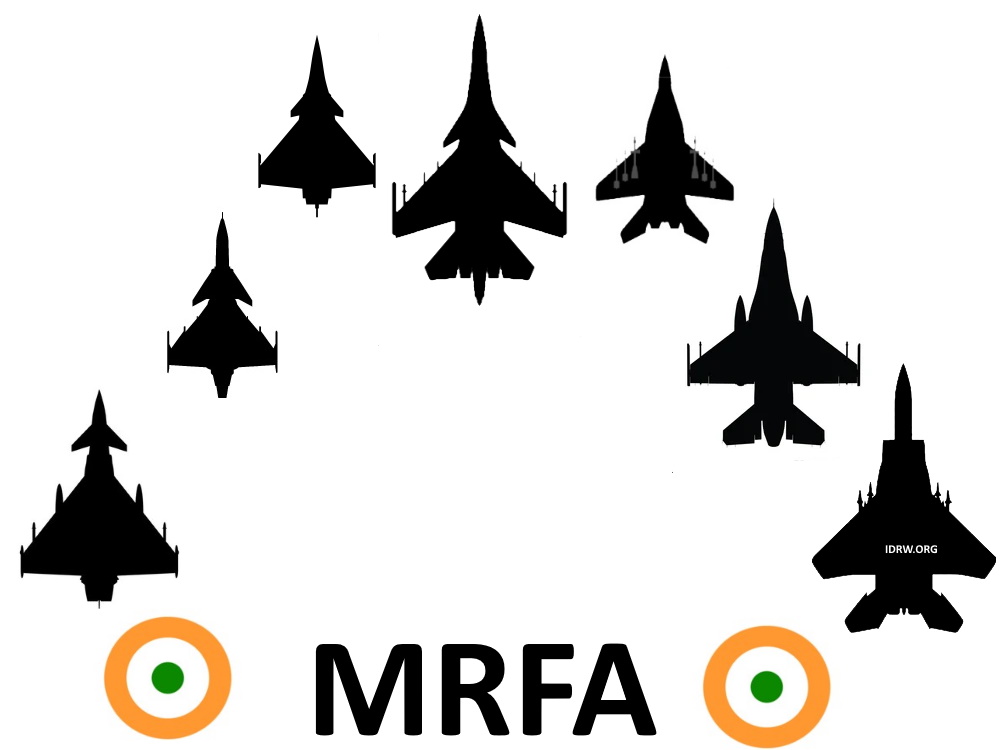SOURCE: SATYAJEET KUMAR/ FOR MY TAKE / IDRW.ORG

As Prime Minister Narendra Modi’s tenure marks a decade in power, one glaring failure stands out—the inability to finalize the Multi-Role Medium Range Fighter Aircraft (MMRFA) deal for the Indian Air Force (IAF). Despite repeated assurances and pledges to strengthen India’s defense capabilities, the prolonged delay in acquiring much-needed fighter jets has left the IAF in a precarious position, grappling with operational challenges and strategic vulnerabilities.
The MMRFA deal, aimed at procuring 114 fighter jets to bolster the IAF’s fleet, has been mired in controversy and bureaucratic hurdles, with the Rafale row casting a long shadow over the procurement process. The Rafale controversy, stemming from allegations of irregularities and favoritism in the acquisition of 36 Rafale fighter jets from France, has further complicated efforts to finalize the larger MMRFA deal, exacerbating delays and uncertainty.
The consequences of the delayed MMRFA deal are dire for the IAF, which is facing a depletion of its squadron strength and an urgent need for modernization to counter emerging security threats. With aging aircraft and increasing operational demands, the IAF finds itself in a precarious position, struggling to maintain operational readiness and fulfill its mandate of safeguarding India’s airspace.
Moreover, the delay in acquiring new fighter jets undermines India’s defense preparedness and strategic deterrence capabilities, particularly in the context of escalating tensions along the country’s borders and growing geopolitical challenges in the Indo-Pacific region. The absence of a robust and modernized air force leaves India vulnerable to potential threats and compromises its ability to protect its national interests effectively.
The Modi government’s failure to expedite the MMRFA deal reflects broader systemic challenges and inefficiencies in India’s defense procurement process, characterized by bureaucratic red tape, policy paralysis, and vested interests. Despite efforts to streamline defense acquisition procedures and promote indigenous manufacturing under the “Make in India” initiative, progress has been slow, hindering the timely modernization of the armed forces.
As India grapples with evolving security challenges and seeks to assert itself as a regional power, the urgent need to revitalize its defense capabilities cannot be overstated. The MMRFA deal represents a critical opportunity to address the IAF’s operational deficiencies and enhance India’s defense preparedness in an increasingly volatile geopolitical environment.
Prime Minister Modi’s tenure enters its tenth year, the failure to finalize the MMRFA deal for the IAF stands as a glaring indictment of the government’s inability to prioritize national security and address the urgent needs of the armed forces. With India’s defense modernization efforts hamstrung by bureaucratic inertia and political controversies, the country risks falling behind its adversaries and compromising its strategic interests.
Disclaimer : Articles published under ” MY TAKE ” are articles written by Guest Writers and Opinions expressed within this article are the personal opinions of the author. IDRW.ORG is not responsible for the accuracy, completeness, suitability, or validity of any information on this article. All information is provided on an as-is basis. The information, facts or opinions appearing in the article do not reflect the views of IDRW.ORG and IDRW.ORG does not assume any responsibility or liability for the same. article is for information purposes only and not intended to constitute professional advice .
Article by SATYAJEET KUMAR , cannot be republished Partially or Full without consent from Writer or idrw.org